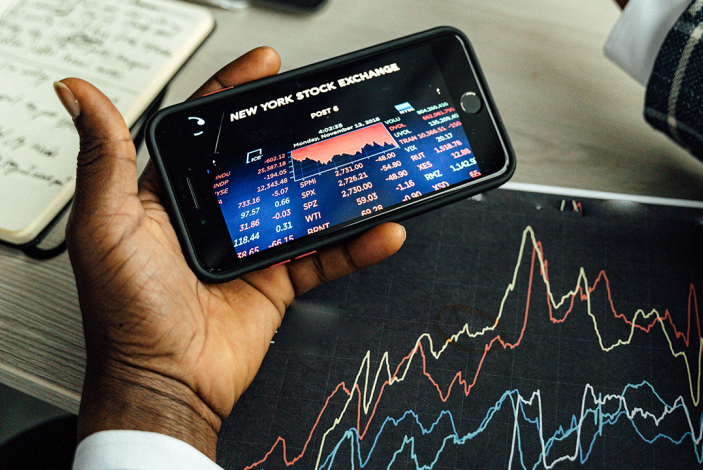
Sadder but wiser: Understanding how depression affects financial forecasting

Is there an upside to being depressed? For almost four decades, psychologists have searched for an answer to this counterintuitive question. The search has intensified more recently as the prevalence of depression has trended upwards over the years. Anecdotally, we know that many historically important and high-achieving figures, from Charles Darwin to Abraham Lincoln, experienced different forms of this mental illness. So, is there more to depression that we are missing?
Despite extensive evidence for the costs and the few benefits of depression in psychology literature, evidence is sparse from real-world settings. In “The Upside of Being Down: Depression and Crowdsourced Forecasts,” assistant professor of finance Sima Jannati and PhD candidate Du Nguyen used a real-world setting to investigate the influence of mild persistent depression on the accuracy of earnings forecasts for public firms in the U.S.
Financial forecasting, or predicting how much a company will earn, used to be restricted to professional analysts on Wall Street. More recently, crowdsourced websites such as Estimize.com allow any person to contribute their views and expectations about upcoming quarterly company revenues and earnings. This setting gives us an ideal opportunity to examine whether depression helps or hinders the financial judgments of the range of contributors because we can see the accuracy of each forecast by comparing it to the company’s actual earnings once announced.
Our hypothesis states that if depression is beneficial to decision-making, contributors should make more accurate predictions when they are depressed versus when they are not. To know when people are more likely to be depressed, we use responses to a nationwide survey conducted by Gallup Analytics, asking about depression over time. We measure depression levels by looking at the percentage of responses indicating they are depressed.
Unexpectedly, we find that during higher depressive conditions, users’ forecasts are 3% closer to actual company earnings. This effect of depression is comparable to an improvement gained by an additional 1.5 years of forecasting the earnings of the same firm. It is also comparable to the accuracy gained by being a professional analyst, who also experiences better forecasting during a higher depression.
How does this happen? To understand the results we find, we investigate two possible explanations. The first is based on emotions and says that when people are depressed, they become less optimistic and closer to reality. We find support for this explanation because we see that most of the improvement in forecast accuracy comes from the most optimistic forecasters. The second explanation is based on how thoughts are processed and says that when people are depressed they analyze information more slowly and take longer to consider things. We also find support for this explanation since users take longer to generate their forecasts when depression is high.
When does this happen? We find that the effect is not limited to temporary (i.e., weather-induced) or seasonal (i.e., winter blues) depression and is also present during pleasant weather conditions and over non-winter months. Essentially, this is a chronic phenomenon.
Our research highlights some positive side effects of mild depression in a real-world setting. We find that depression is a factor of forecast accuracy for both common and professional forecasters. We show that this effect occurs because of depression’s impact on both emotions and thoughts. While we shed light on a potential bright side of depression, this evidence does not attest to the economic and social costs of depression nor lighten the seriousness of this mental disorder. As a saying goes, “sadder but wiser.”